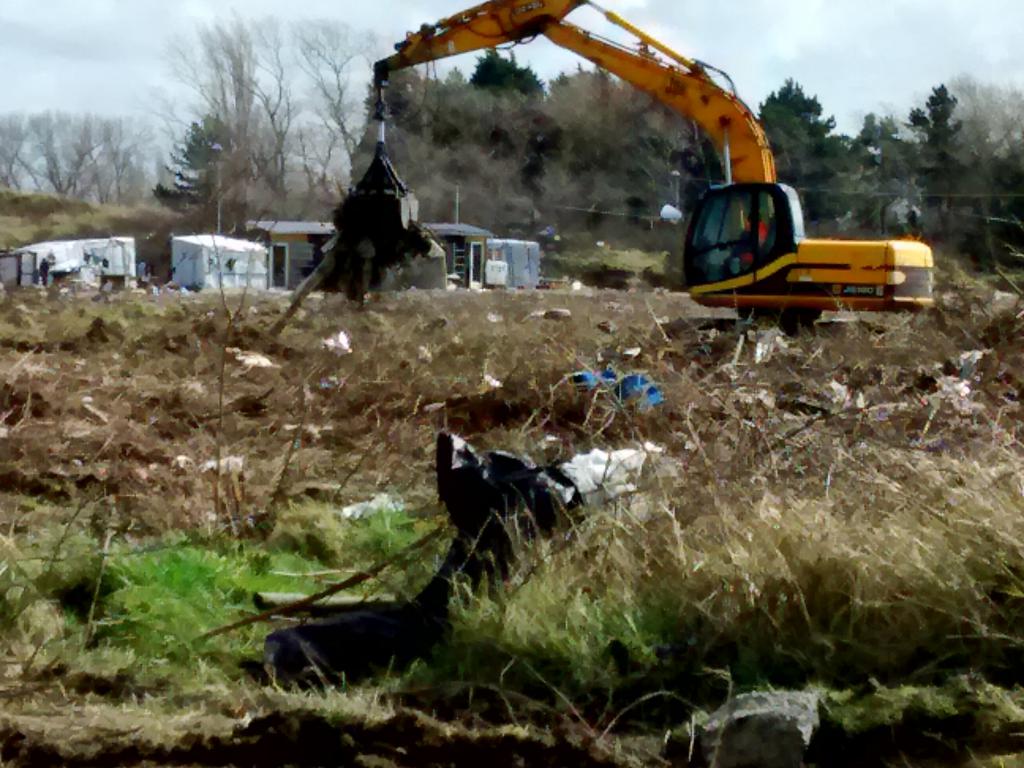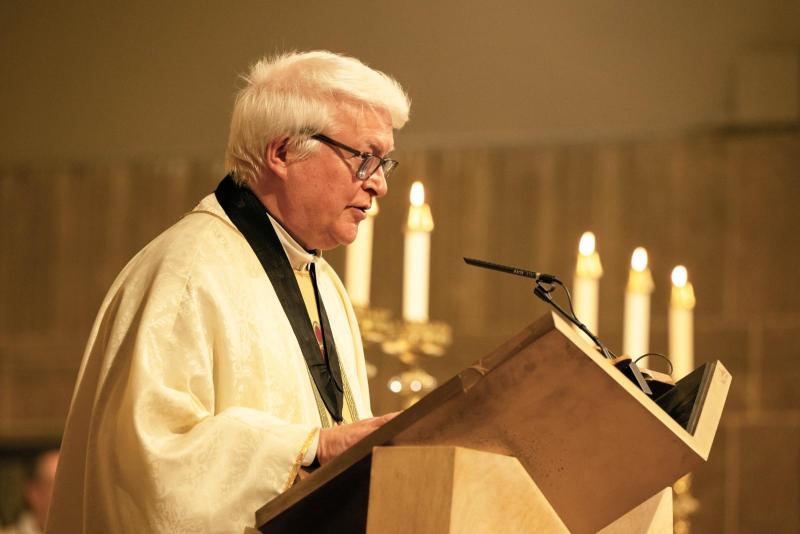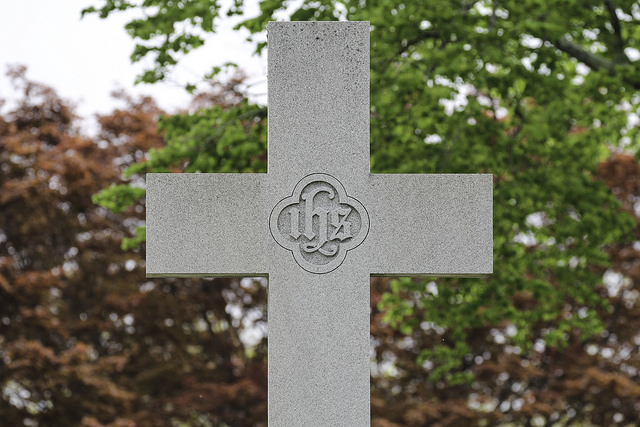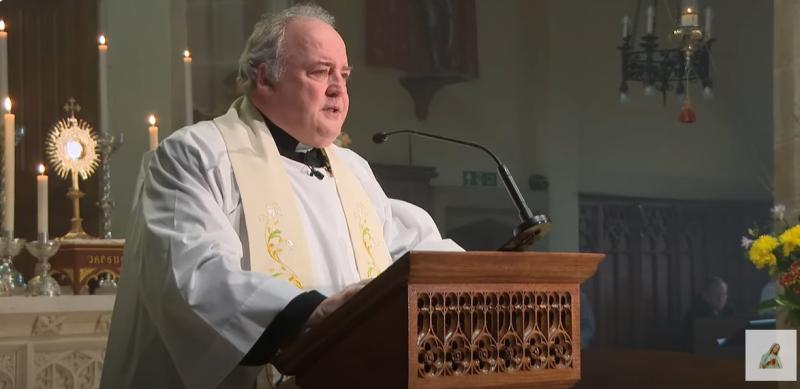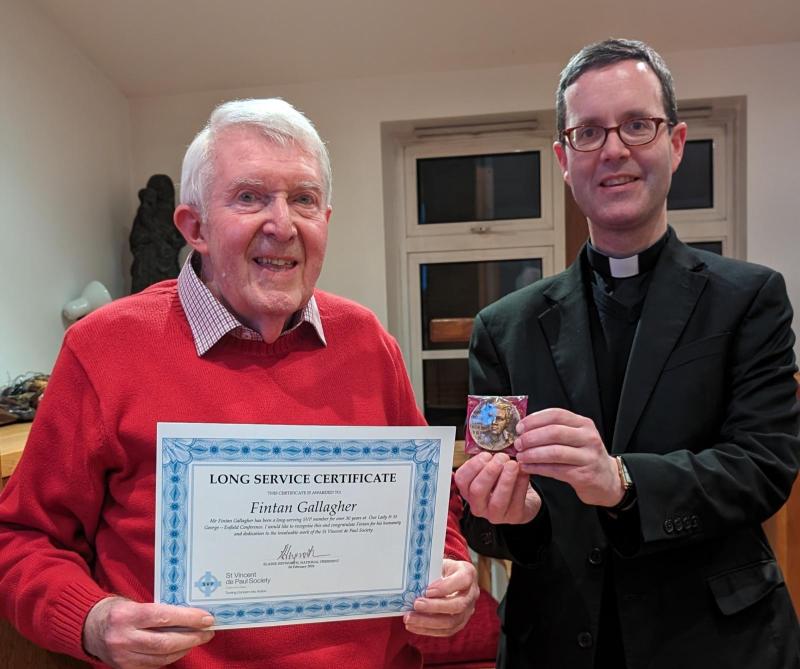By Barbara Kentish
'Did you see anything extraordinary on your visit to the Refugee Camp?’, a policeman asked the Diocese of Westminster Caritas and Justice and Peace expedition at the Calais UK Border control on 29 March.
Nine people from Caritas Westminster, St John Vianney parish and Westminster Justice and Peace had just delivered a minibus full of food and clothing to the new Catholic Worker house dedicated to St Maria Skobstova, in Calais. The donations were to be distributed to refugees under the supervision of Br Johannes Maertens, formerly of the Catholic Worker House in Harringay, North London.
Yes, there were many extraordinary things about the trip: St John Vianney's had, in just over two weeks, collected £1300 in cash for the refugees. Likewise, at short notice, two minibuses were provided and crossing paid for by Caritas Westminster: one loaded to the roof with dried food, toiletries, clothing and bedding, packed over the Easter weekend by enthusiastic parishioners, and the other for the group to travel in. To collect these donations and arrange the trip at such short notice was an extraordinary act of generosity and good organisation on the part of so many.
Likewise, it was extraordinary, when Johannes took us to the Jungle camp that afternoon. The whole of the south area had been flattened, and we photographed bulldozers ploughing up traces of human life: a shoe, a jumper, a half-used tube of toothpaste, small signs of interrupted life disappearing under heavy machinery, sand and gravel already being rolled over the vast open ground. Yes, it was extraordinary that the communal places were left standing, forlorn and isolated in this building site. You would have to cross large bulldozed furrows to reach a youth centre, a mosque, a school, an information centre. Johannes took us to the now famous Ethiopian church where we met Solomon, its creator and guardian, sitting with friends round a wood fire, protecting the compound of this sacred space. French authorities have left some communal buildings, but destroyed the individual shacks and shelters.
It was extraordinary to see the bulldozing of settlements here, only a Channel tunnel away from our shores. Where the displaced have gone varies. Volunteers are trying to count the current inhabitants and estimate around 4000 still remain. Container shelters have been built for up to 1500 people, which hold 12 beds per container and are fiercely fenced off with security gates. Residents must go out for sanitation and for eating. The rest have either squashed up in the remaining space or tried to move on. A small number have accepted the offer of being transported to other centres. But attempts to jump trains and vehicles to get to the UK still continue, as people continue to seek an end to the long migration trail.
An Afghan imam invited us into a small but solid café and offered sweet tea. A generator operated cooking and storage facilities, as well as a TV. Our hosts were Afghan and Pakistani, and many visitors have commented on the harmony which makes the camp work together.
Johannes explained the rise of strong community leaders who keep the peace and arbitrate disputes. He supports and initiates interfaith gatherings which bind the various nationalities. Given the desperate circumstances, criminality is very low, which is again extraordinary!
Back at Maria Skobstova House, which is owned by Secours Catholique/Caritas France, Johannes explained the help they offer: respite for refugees, accommodation for volunteers who go into the camp, and a place of prayer for and with refugees. Some, he said with surprise, wanted to convert to Christianity. ‘I see myself as offering pastoral support, not conversion. I am not sure yet how to handle that!’
John Coleby, Director of Caritas Westminster, who joined the group, writes of his impressions of the camp. You can read his report here.
